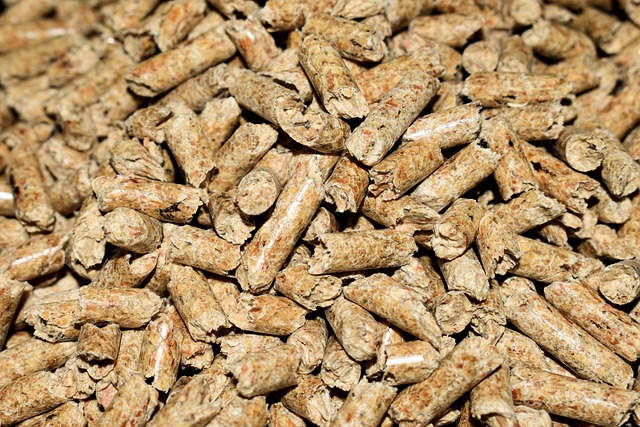Reinventing the Wheel: A Look into the Business of Monetizing Industrial Waste
The topic of industrial waste management is far from being an unexplored territory. However, the focus has generally been on the environmental aspect, with less emphasis on the business opportunities it presents. This article delves into the largely untapped potential of monetizing industrial waste, a business model that not only promotes sustainability but also opens doors for profitability and competitiveness.
A Historical Perspective on Industrial Waste
Industrial waste has been a by-product of industrial activities since the dawn of the industrial revolution. Initially, it was viewed as a necessary evil, an unfortunate side effect of progress. However, as the environmental and social impacts of industrial waste became more apparent, pressure mounted on industries to manage their waste responsibly. This led to the development of waste management practices aimed at minimizing and mitigating the adverse effects of waste. However, the concept of waste as a potential revenue stream is a relatively new phenomenon that is gradually gaining ground.
Turning Trash into Treasure: Current Trends
As sustainability becomes a core business strategy, innovative businesses are moving beyond traditional waste management practices. They are exploring ways to monetize industrial waste, turning what was once considered a liability into a profit-making venture. These approaches include recycling and repurposing waste into sellable products, generating energy from waste, and using waste to produce raw materials for other industries. Companies that have successfully implemented these strategies are not only reducing their environmental footprint but also creating new revenue streams and enhancing their competitive advantage.
Impact, Benefits, and Challenges of Monetizing Industrial Waste
Monetizing industrial waste can lead to significant cost savings by reducing waste disposal fees and generating revenue from waste-derived products. It can also enhance a company’s reputation as a socially responsible business, which can boost customer loyalty and attract environmentally conscious investors. Nevertheless, transforming waste into wealth is not without challenges. It requires substantial initial investment, advanced technology, and a significant shift in business mindset. Regulatory barriers and market acceptance of waste-derived products can also be potential hurdles.
Monetizing Industrial Waste: Practical Insights
-
Businesses should start by conducting a comprehensive waste audit to identify the types and quantities of waste they produce. This will help them identify potential opportunities for waste monetization.
-
Companies should explore partnerships with waste management firms or other industries that can utilize their waste. This can be an effective way to monetize waste without significant upfront investment.
-
It is critical to ensure that waste-derived products meet quality standards and regulatory requirements. This can help gain market acceptance and avoid potential legal issues.
-
Companies should proactively communicate their waste monetization initiatives to stakeholders. This can enhance their reputation and potentially attract customers and investors who value sustainability.
The concept of monetizing industrial waste represents a paradigm shift in how businesses view waste. Rather than seeing it as a problem to be managed, forward-thinking companies are recognizing waste as a valuable resource that can be harnessed for profit. This not only aligns with the global push towards sustainability but also presents a compelling business case, proving that environmental responsibility and profitability can go hand in hand. As the saying goes, “One man’s trash is another man’s treasure.” In this case, a company’s “trash” could very well be its own treasure, waiting to be unearthed.







